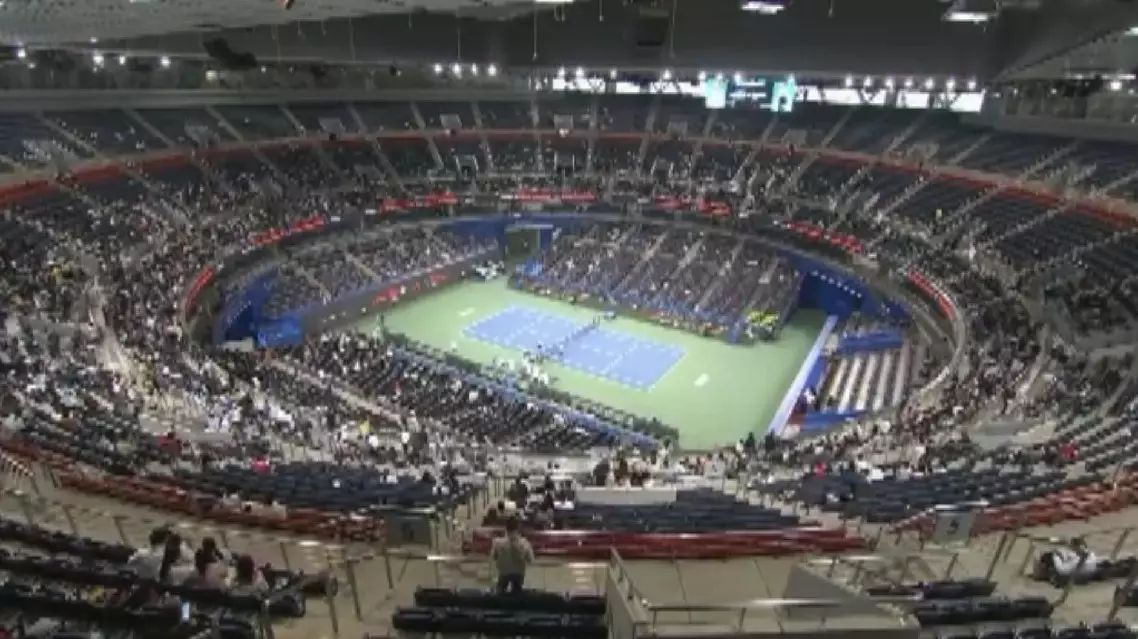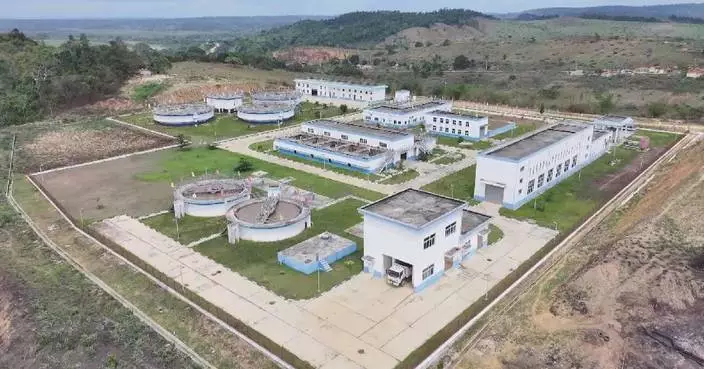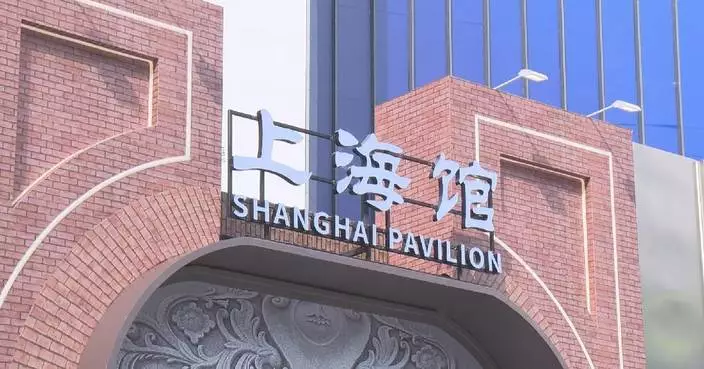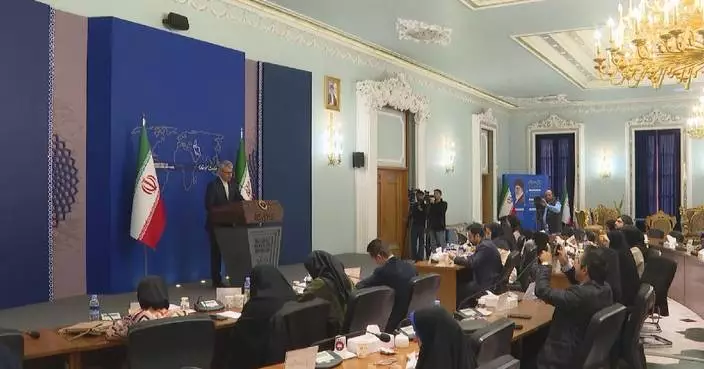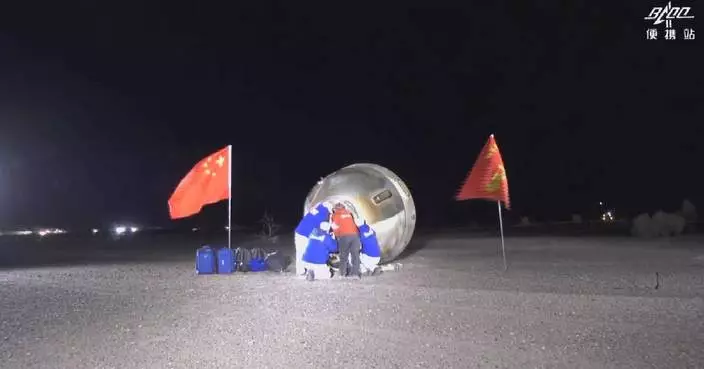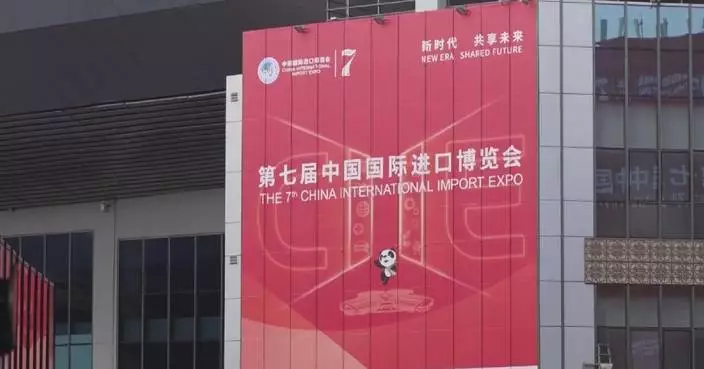After staying active in China for over 35 years, German testing and certification service company TUV Rheinland is now aiming to expand its presence in China, according to Michael Fubi, CEO of the Cologne-headquartered service provider.
Speaking in an interview with China Global Television Network (CGTN) on Friday, Fubi shared the company's plan of investment in south China's tech hub Shenzhen.
"We decided to further invest into Shenzhen because very simply in our old facility, we have been running out of space. We have been growing significantly over the last years, and as we also believe and expect to grow further into the future, we needed more space, we needed more lab space, and we also wanted to add further capabilities to our testing and inspection, and certification activities here in Shenzhen, these have been the main reasons for the investment," he said.
As TUV Rheinlands's stake in China grows, the company must keep a close eye on developments in international trade, such as the tariffs that the EU has recently imposed on Chinese electric vehicles (EVs), which China has said violate World Trade Organization rules.
The European Commission, the EU's executive arm, announced on Tuesday its decision to impose definitive countervailing duties ranging from 7.8 percent to 35.3 percent on EVs imported from China for a five-year period.
However, Fubi insisted that his company remains determined to continue working with Chinese auto companies.
"So we are not a political company. We are a technical company, so you're fully right, we are an enabler. We help manufacturers not just in the automotive sector, but in all other sectors to have the right products available for the world market. Over the years that we are here in China, we have helped more than 300,000 companies to have the products technically ready to be exported. And when it comes to the tariffs, it's really political decisions which are ongoing with between China, Europe, U.S., and so that needs to be decided on a political level," he said.
The CEO believes that Chinese EV makers will continue to enter the EU market despite the tariffs.
"I don't see that this is hindering our business for the time being, because most of the Chinese manufacturers we are talking are continuing to be ready and they continue with their plans to enter the European market. Of course they have a look at what is the value, what is the amount of tariffs that will be imposed and what kind of effect this might have at their profitability. But on the long run, they are convinced that they need to have other markets and the Chinese market to be successful in the automotive manufacturing industry," Fubi said.
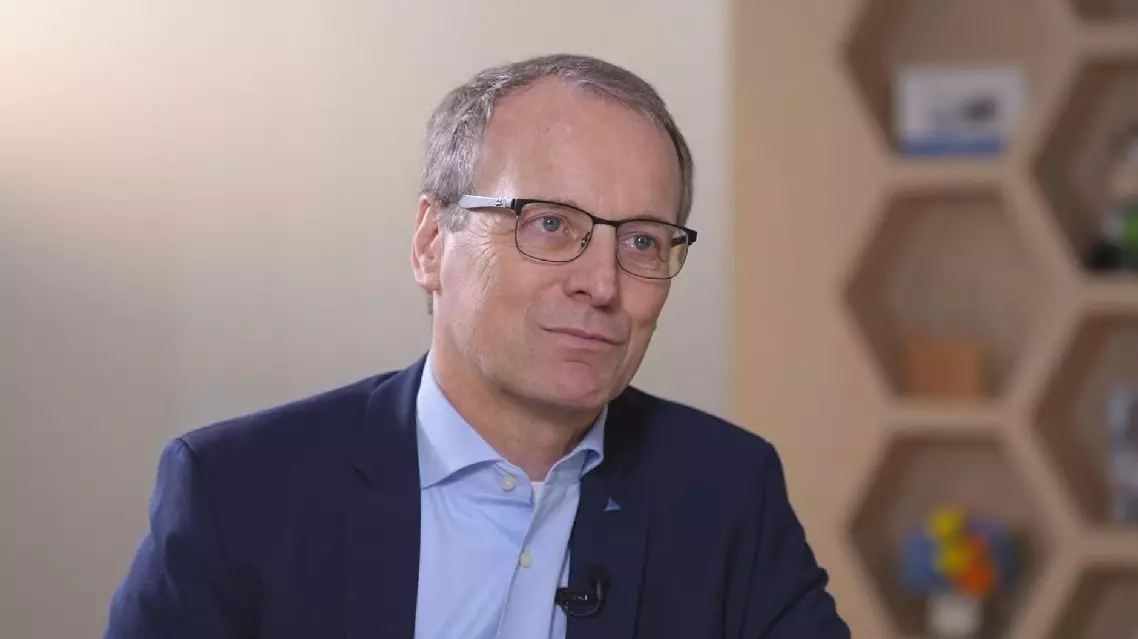
TUV Rheinland ready to enable more Chinese producers with expanded investment: CEO
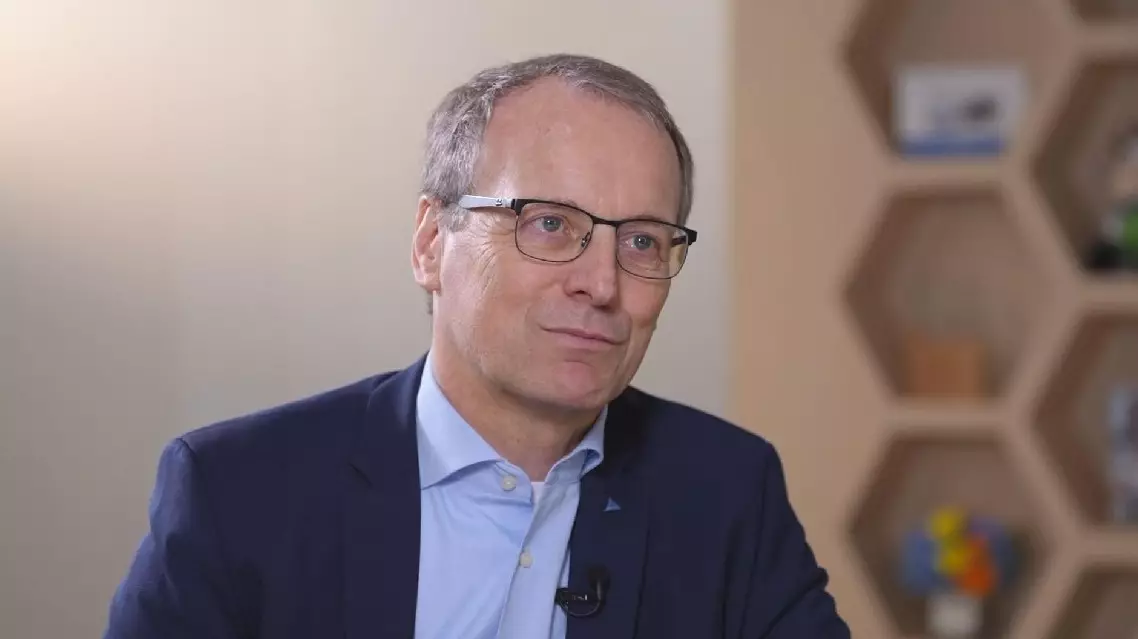
TUV Rheinland ready to enable more Chinese producers with expanded investment: CEO


